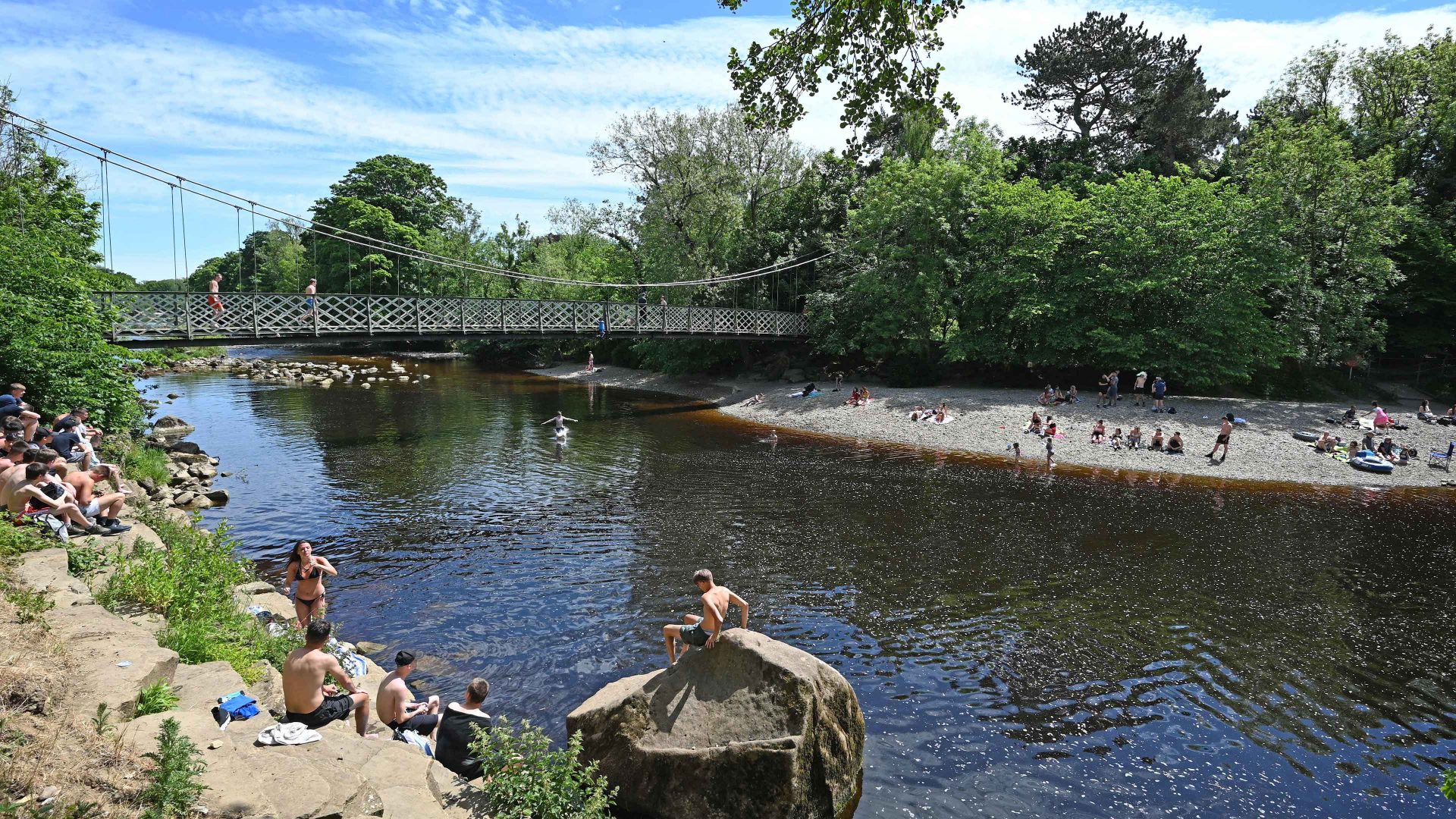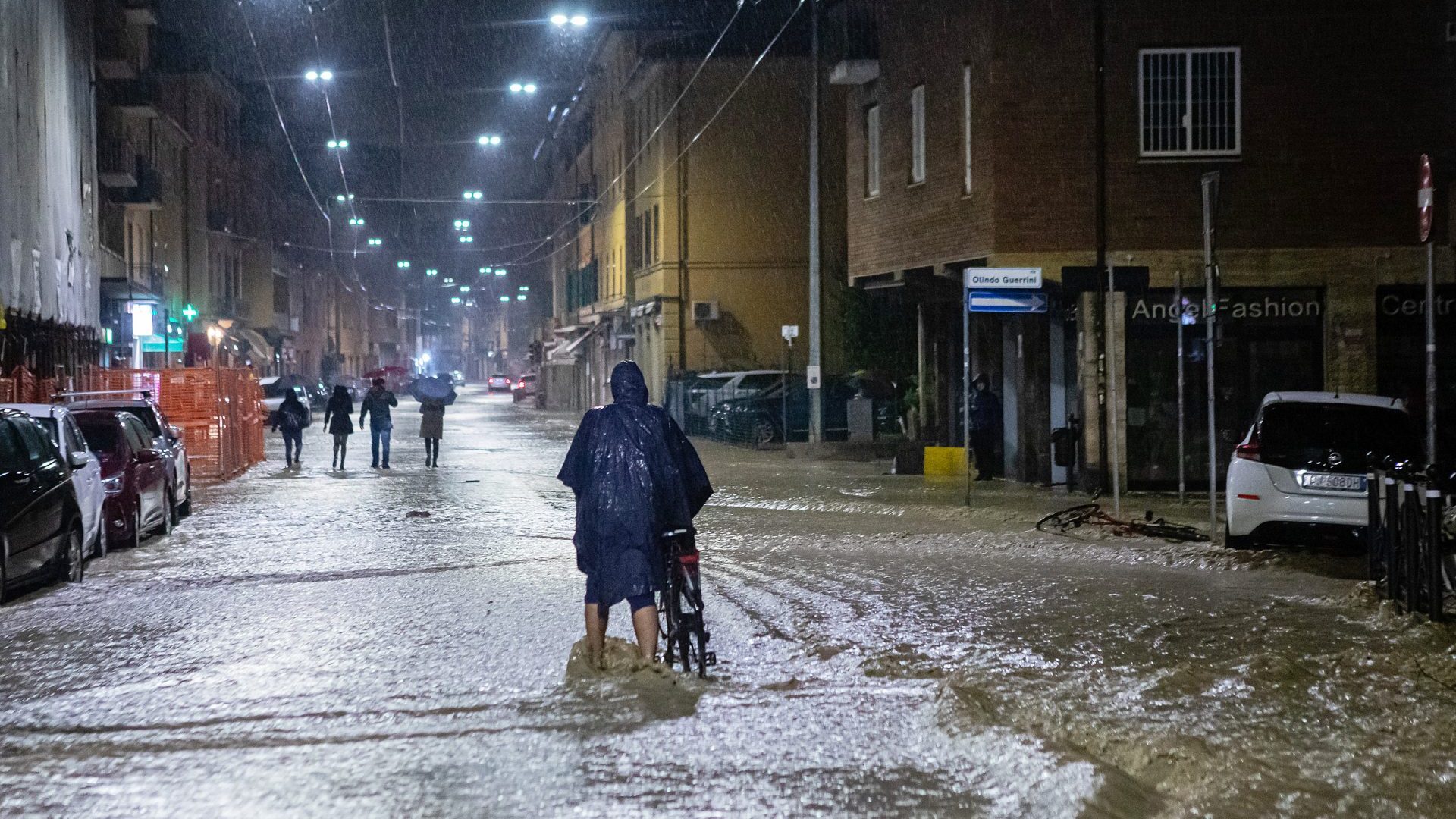It started with frustration. Steve, an angler, had been reporting the River Wharfe’s decline at Ilkley for years. He’d been using the Environment Agency’s incident reporting system.
Then in 2018 Karen, a local resident, started reporting the multiple incidents when the “storm overflow” – the pipe that bypasses the sewage works treatment – dumped untreated sewage straight into the river.
The response was the Ilkley Clean River Group, which I and others formed to stop raw sewage discharges and restore our river to its previous health. Six years later, Britain now knows that sewage discharges are a regular practice and that they are a threat to people’s health. The public are outraged.
We have found that the UK interpretation of EU law stretches it to the point of ridicule, with the EU stating that sewage discharges – storm overflows – should only take place in exceptional, extreme weather. But then Professor Peter Hammond, from Windrush Against Sewage Pollution, showed that water companies were dumping untreated sewage on days when it wasn’t even raining.
Every water company operating in England is now under criminal investigation for illegal pollution. The Environment Agency is currently investigating more than 2,200 treatment works. There have been no prosecutions so far, only fines.
Here in Ilkley, Yorkshire Water has not been maintaining our sewage infrastructure. Manholes have been overflowing, sending “sewage solids” on to footpaths, and on to the riverside where people picnic and play.
Tests showed that the level of E coli in the water below the sewage plant where locals congregate is 40 times the level identified by Defra as acceptable for paddling or swimming. When it rains, it’s 50 times the limit.
Thank goodness for Prof Rick Battarbee; he knew we needed to understand the quality of the river, so he developed the UK’s first Citizen Science river testing protocol for coliform bacteria and put it into action.
When we demonstrated the levels of E coli in the river, the agencies said that a large proportion was probably from livestock. But our tests have shown that’s not true. Now, across the country, campaign groups are testing their own water quality.
A member of our group called Kathleen had the idea of applying for bathing water status – this campaign was picked up by our then MP, John Grogan. And so we had to demonstrate public use of the river.
Over the summer we counted adults and children paddling, playing and swimming in the river, and at its peak we counted 1,751 people. In 2020 we became the first river to get bathing status, which meant the Environment Agency had to do regular water quality monitoring and put up signs warning the thousands of people coming to enjoy the riverbank that the water was a risk to their health.
For a tourist town this is not good news. Bathing status provided yet more publicity and visibility to the awful state of our river here in Ilkley.
The outrage was palpable. Feargal Sharkey captured the mood of the nation. The public, who paid their water bills expecting their waste to be treated, were discovering that actually the water companies weren’t doing their job. It was pollution for profit.
In Ilkley we have made progress. An enormous super sewer has gone under our town to stop sewage discharges into the main “bathing status” recreational area. The campaign group and scientists have worked with Yorkshire Water and the plans are agreed for a new wetland to be constructed and better treatment of the “treated” sewage. We hope this will clean up our river and also become the blueprint for how to secure clean waterways in rivers like ours.
Becky Malby is a visiting professor in health leadership at York University, and co founder of the Sewage Campaign Network and the Ilkley Clean River Group



